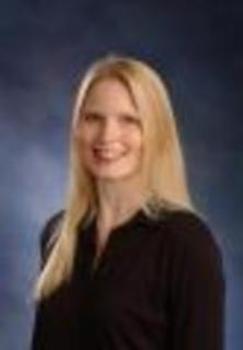This text-based course is a written transcript of the course, “Developing Community Based Aphasia Groups” presented by Jacqueline Laures-Gore on May 2, 2011.
This text is being provided in a rough draft format. Communication Access Real-time Translation (CART) is provided in order to facilitate communication accessibility and may not be a totally verbatim record of the proceedings. Consumer should check with the moderator for any clarification of material.
>> Amy: Welcome to the SpeechPathology.com eSeminar, “Developing Community Based Aphasia Groups.” At this time it is very much an honor to introduce Jacqueline Laures-Gore this afternoon. Dr. Laures-Gore has been a speech-language pathologist for 20 years. She received her BS in Speech Communications from Iowa State University, MHS in Communication Disorders from University of Missouri - Columbia, and her Ph.D. in Communicative Disorders from University of Wisconsin - Madison. She joined the Communication Disorders faculty at Georgia State University in 2001. She has published numerous articles on aphasia and motor speech disorders. Her work has been funded by the National Institute of Deafness and Other Communication Disorders.
Welcome, Jacqueline, and thank you so much for being here today.
>> Jacqueline: Thank you. This is the first time I have done this. I have a question to begin the presentation. I would like to know how many people here have groups already. It looks like there are about three people who have groups and then others who maybe want to start groups or get information about how to do that.
Today what I want to do is give you some background about the rationale for aphasia groups, what to consider when developing your group, and also give some examples of current groups.
Stroke Demographics
Let's start with just some basic background about stroke. As you all know, stroke can lead to aphasia. It is estimated there are about 700,000 new strokes every year in the United States, and about 5.8 million people in the United States have had strokes. It is expensive; stroke-related health care costs are about $70 billion per year in the United States. Again, as I noted here, it is expensive, and it also happens a lot.
Aphasia Demographics
Regarding aphasia, the National Aphasia Association states that 25% to 40% of stroke survivors have aphasia, and there are 1 million persons in the United States living with aphasia. Roughly 100,000 new cases occur yearly, and there are more people in the United States with aphasia than with Parkinson's disease, cerebral palsy or muscular dystrophy. I put a website on the slide; most of you may be familiar with www.aphasia.org. That's a great website for information.

